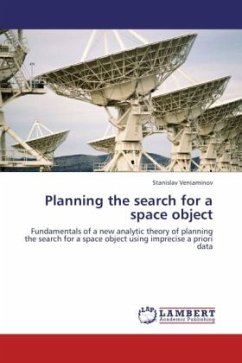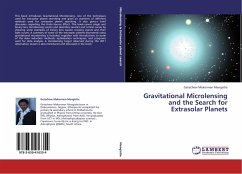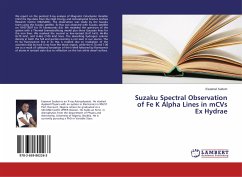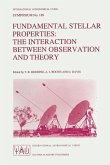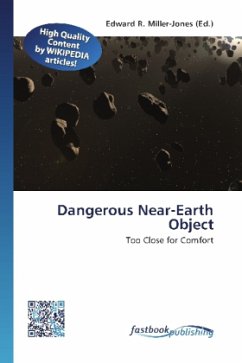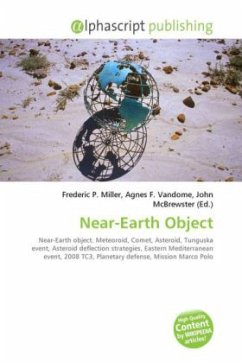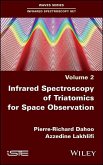A new mathematical theory of planning the search for a space object using imprecise a-priori information of its orbit parameters was developed. The basis of the theory includes the set-theoretical treatment and presentation of the space object current position uncertainty domain and its dynamics, the formulation and use of the principle of equivalence of the search plan elements for different times, and mathematical description of the phenomenon of the search plan degradation during its realization. All the main search situations taking place in the space surveillance practice were considered and investigated in terms of this theory. Some constructive means for compensation of the search plan degradation negative consequences were suggested. The most efficiency can be achieved in terms of this theory for narrow-angle and narrow-beam sensors and for acquisition of a faint intelligence signal from the sought for space object. Some of the suggested search methods have been implemented in real space surveillance sensors.
